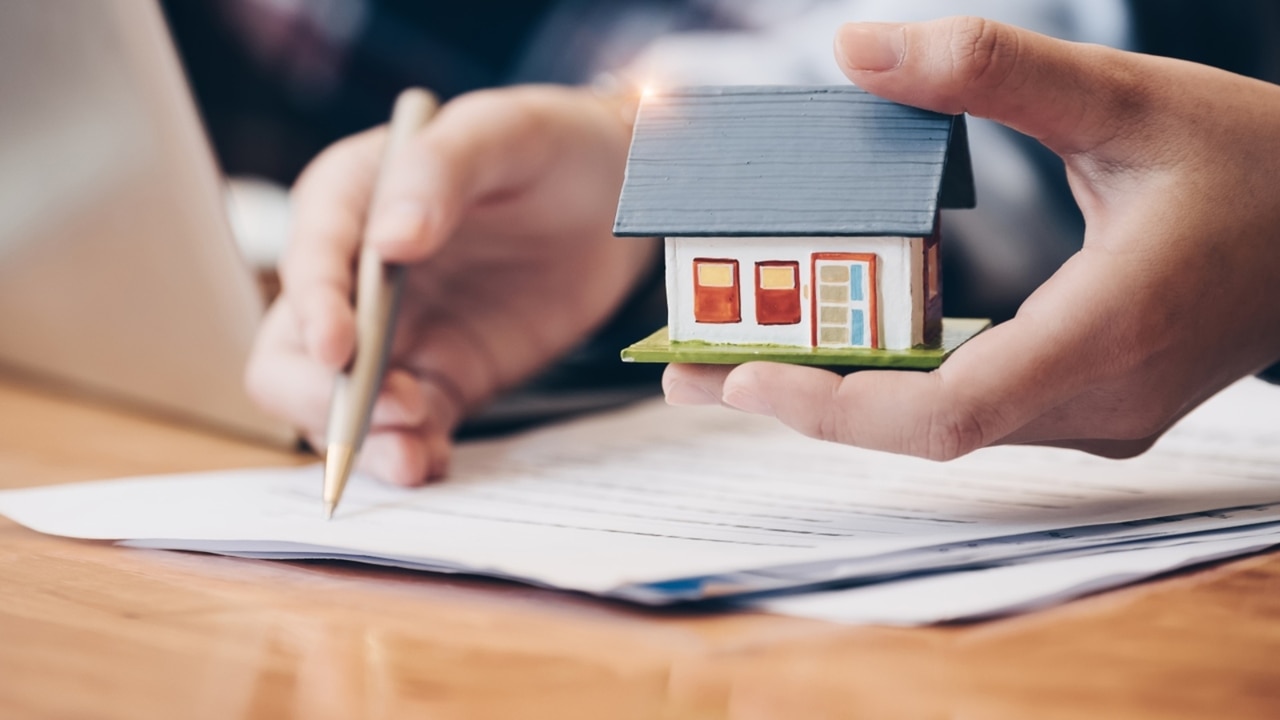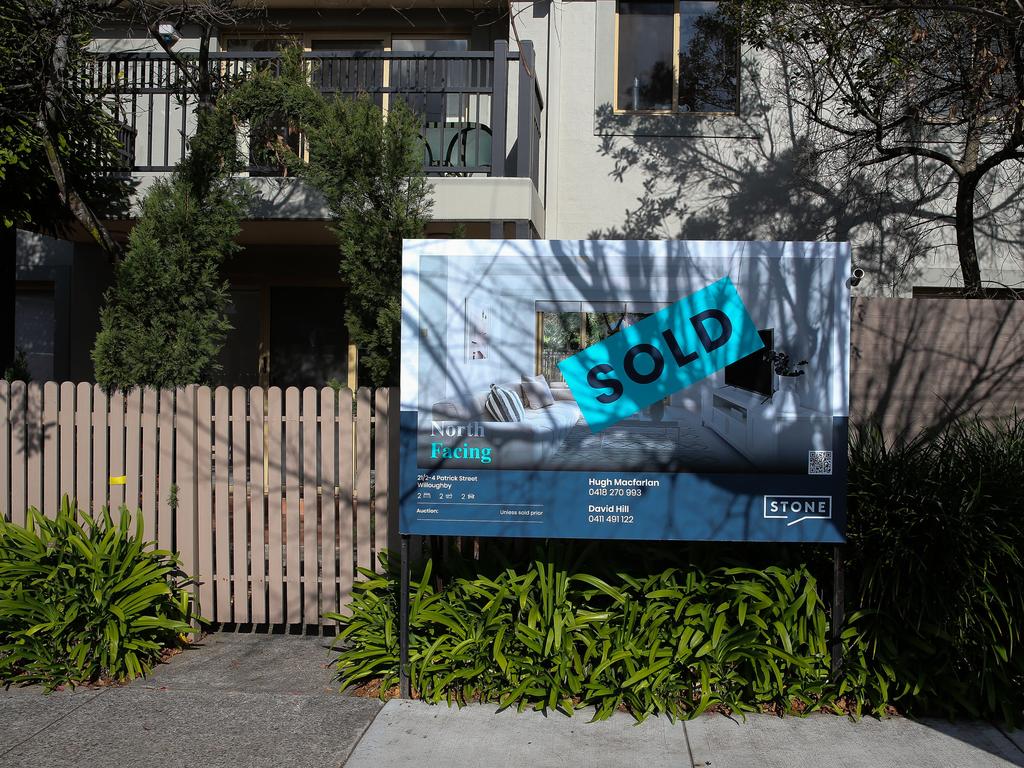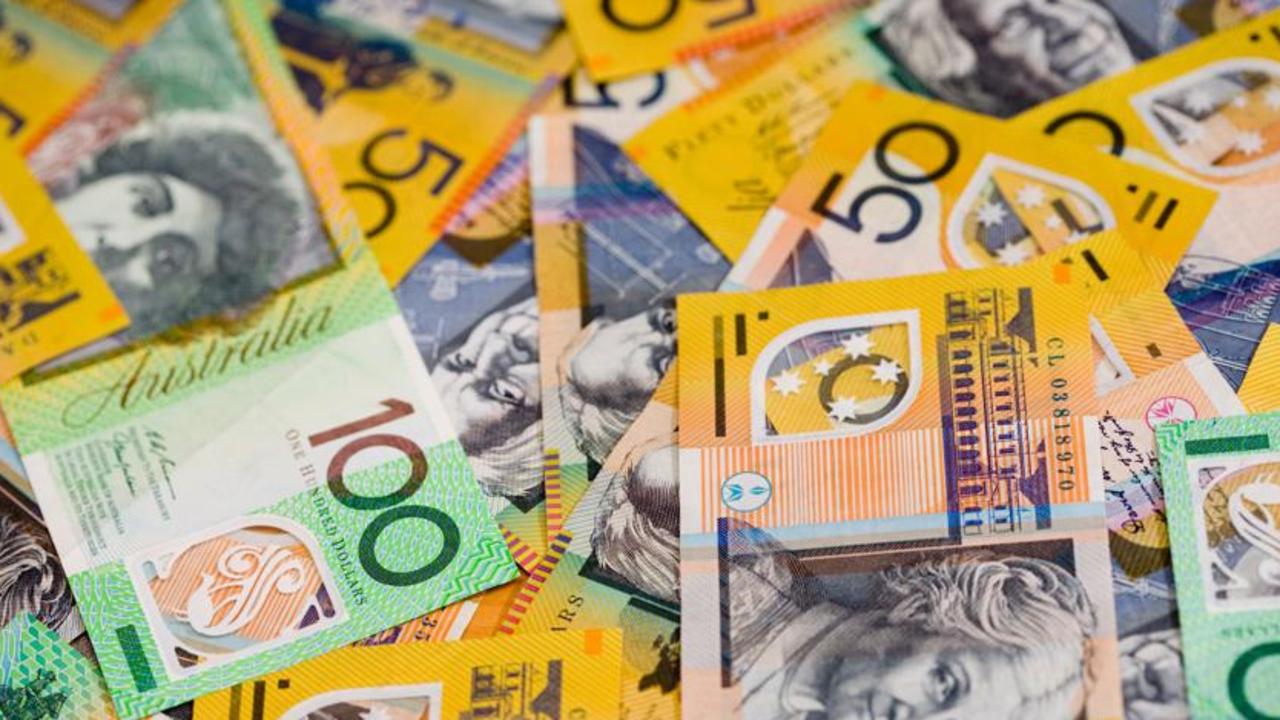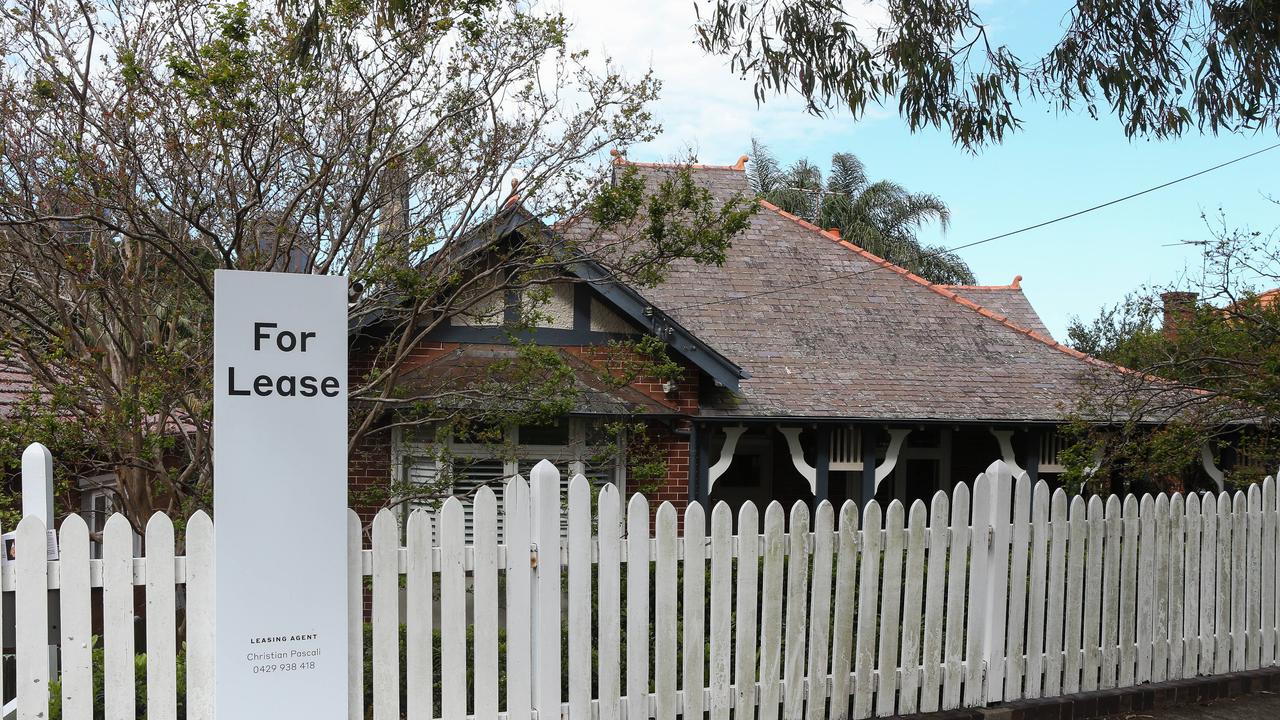One investment with massive returns - despite the negativity
This type of investment can feel unattainable but offering a potential $16,859 return it’s hard to match.

Off the back of Australia’s biggest property market decline on record, first home buyers that previously felt getting into the market was out of reach are now starting to see that it is possible. Some investors are also seeing the opportunity, and wondering if they should be trying to jump in and pick up a bargain.
But, at the same time we’ve seen the fastest interest rate tightening cycle in a generation, and rates are much higher than most Millennials have seen in their lifetimes.
So does buying a property make sense when the average mortgage interest rate is 6.77 per cent?
How much does it cost to own an investment property?
Owning an investment property, even with the high interest rates today isn’t nearly as expensive as most people think, with the average cost of owning an investment property worth $500,000 coming in at $14,641 per annum.
You might be wondering why on earth anyone would bother buying an investment property if it’s going to cost you almost $15k a year, and it’s a fair question. The income and costs of an investment property are only one half of the picture - the other half is the growth in property values over time.
In Australia the long term growth rate of the average property is 6.3 per cent per annum. This means that the expected growth on a $500,000 investment property should average out around $31,500 per annum.
The numbers stack up nicely here - if you’re paying ~$15k for a $31k benefit, you’re ahead by over $16k every single year. Calling out that these figures are based on some assumptions, and the past doesn’t necessarily predict the future. But, you can see from the substantial annual benefit that there is plenty of room for you to still be way ahead.

Initial costs of buying a property
When you purchase a property you’ll need to pay some initial costs like stamp duty, building and pest inspections, and legal costs. These costs on average equate to around 5 per cent of the property value, which on a $500,000 property means $25,000 in initial purchase costs.
Ongoing costs of owning a property
When you own an investment property you have to pay ongoing costs like strata fees for apartments and townhouses, or council rates for houses, water rates, insurance costs, property management fees, repairs and maintenance.
These costs tend to average out around 1 per cent of the property value, so for a $500,000 property this equates to $5000 each year in ongoing costs.
Then you’ve got your mortgage interest costs. According to data from Finder.com at the time of writing, the average variable mortgage interest rate in Australia is 6.77 per cent, which based on a 30 year mortgage of $525,000 (purchase price + costs) your annual mortgage interest is $35,903.
We’re currently in a period of peak interest rates, following the fastest rate tightening cycle in a generation. Today, interest rates are significantly higher than their long term averages, meaning that the numbers we cover here are close to a ‘worst case’ scenario.

How does it stack up?
In the following example, I’ve used the average interest rate, but noting that by shopping around for a better deal you would be able to buy property with a much lower interest rate. The sharpest variable mortgage interest rates at the time of writing are sitting at 5.64 per cent, significantly lower than the average rate.
For this example, I want to call out the fact that borrowing the full property purchase price as well as your costs is only possible if you’re either using equity from another property or a family guarantee loan. The reason the entire amount has been included in this example is to show you the full costs of the entire purchase. If you purchase a property with a cash deposit it will mean your loan is smaller and mortgage repayments will be less than the figures above.
Property costs are tax deductible
If your investment property expenses are more than your rental income you receive, you can claim the difference as a tax deduction.
Based on Australian marginal tax rates, if your taxable income is above $45,000, your marginal tax rate + Medicare levy is 34.5 per cent. This means that for every dollar your investment property costs you, you’ll receive a tax refund of $0.345. If your income and tax rate is higher, you’ll receive even more back at tax time.
This helps to reduce the after-tax cost of running your property as it essentially gives you at least a third of whatever you pay back at tax time, and more if your income and marginal tax rate is higher.

Financial benefits of an investment property
When you own an investment property the benefits are twofold. You’ll get an income return through the rent paid by your tenants and receive a benefit from the growth in value of your property over time.
According to CoreLogic data, the average gross rental income on property in Australian capital cities as at September 2023 was 3.71 per cent, and as outlined above the long term growth rate on property is 6.3 per cent.
Bringing it together
Purchase costs:
â— Property value: $500,000
â— Purchase costs @5 per cent: $25,000
â— Total funds needed: $525,000
Ongoing income:
â— Gross rental income @3.71 per cent: $18,550 p.a.
Ongoing expenses:
â— Ongoing property expenses @1 per cent: -$5,000
â— Mortgage interest: -$35,903
â— Total costs: -$40,903
â— Cashflow cost/net income: -$22,353
â— Tax refund at 34.5 per cent: +$7,712
â— Net holding costs after tax: $14,641
Property growth:
â— Average annual growth @6.3 per cent: $31,500 p.a.
* Reminder note: this assumes your income is only above $45,000 with the associated tax rate, if your income is higher the tax benefits will be even bigger
Net result
Based on these figures, we see annual property holding costs of $14,641 p.a. and growth of $31,500, meaning the average net annual benefit sums to $16,859.
The numbers are compelling, even at today’s ultra high interest rates. And with less people looking to buy properties, and more supply in the market, the odds are stacked in your favour. Further to this, when interest rates come back down to earth, your investment property will cost you less for the same benefit.
The wrap
There’s a lot of noise in the property market, and everyone seems to have an opinion about what you should or shouldn’t do when it comes to property. There’s also a strong emotional connection with property, and some fear and uncertainty that comes with taking on six figures of debt.
These feelings and emotions are important to consider, but they should be balanced against the cold hard facts and numbers - this way you’ll position yourself to make a decision that gives you the best balance of both.
Don’t listen to the conventional wisdom, and instead focus on making the best choice for you.
Ben Nash is a financial adviser and founder of Pivot Wealth, a money management company that helps people invest smarter. You can follow Ben’s content here: Podcast | Free events | Books | Instagram | TikTok | Facebook
Disclaimer: The information contained in this article is general in nature and does not take into account your personal objectives, financial situation or needs. Therefore, you should consider whether the information is appropriate to your circumstances before acting on it, and where appropriate, seek professional advice from a finance professional.






